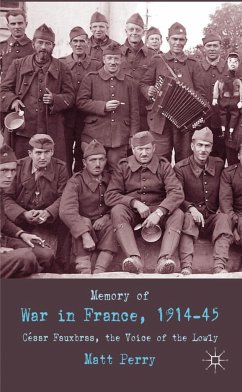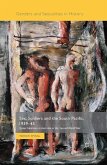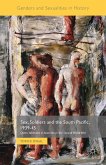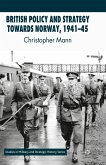Memory of War in France examines France in the era of world war through the unconventional eyes of the veteran, activist and novelist, César Fauxbras. It encompasses the French navy at war, the naval mutinies of 1919, the experience of unemployment, interwar pacifism, French defeat in 1940 and Paris under the heel of German occupation.
'It is to Perry's credit that each chapter leaves the reader wanting to read more of Fauxbras.' - Chris Millington, Cardiff University, French History
'Fauxbras is an intrinsically interesting character, and Perry is to be praised for rescuing him from relative obscurity...Memory of War in France provides a springboard for future social histories of memory and an engaging narrative of one man's attempt to understand, critique and shape the testing times he lived through.' -Chris Pearson, University of Warwick, Journal of Contemporary History
'As well as providing a rich and fascinating account of the experiences of ordinary people in these extraordinary times, it also offers a stimulating reflection on the relationship between micro- and macro-history, its emphasis on individual political trajectories a timely counter-balance to studies of collective memory...In itself, Perry's book is a model of the historian's craft. It should appeal not only to political and cultural historians of twentieth-century France, but also to those interested in the writing of history itself.' Jessica Wardhaugh, University of Warwick, English Historical Review
'Fauxbras is an intrinsically interesting character, and Perry is to be praised for rescuing him from relative obscurity...Memory of War in France provides a springboard for future social histories of memory and an engaging narrative of one man's attempt to understand, critique and shape the testing times he lived through.' -Chris Pearson, University of Warwick, Journal of Contemporary History
'As well as providing a rich and fascinating account of the experiences of ordinary people in these extraordinary times, it also offers a stimulating reflection on the relationship between micro- and macro-history, its emphasis on individual political trajectories a timely counter-balance to studies of collective memory...In itself, Perry's book is a model of the historian's craft. It should appeal not only to political and cultural historians of twentieth-century France, but also to those interested in the writing of history itself.' Jessica Wardhaugh, University of Warwick, English Historical Review








